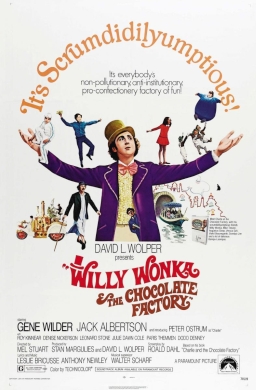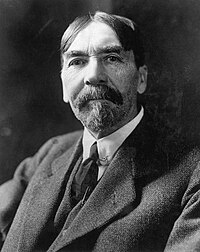Hugh Manatee Wins wrote:elfismiles wrote:.....
As for Hugh's commentary ... um, yeah, sure.
Find me JUST ONE DOCUMENT or INVOICE showing someone/somewhere was tasked with or paid for ANY of the things you suggest in your KWH theories and I will bow down before your Disinfo-Deciphering prowess.
For the umpteenth time...
> Scripts were written from scratch during WWII by the Office of War Information's Bureau of Motion Pictures.
It's an open history-
http://www.amazon.com/Hollywood-Goes-Wa ... 0520071611
> Some letters from a CIA mole at Paramount back to hq were declassified in 1995-
http://www.iamhist.org/journal/eldridge.pdf
(skip the academic intro and go to page 159 for the actual letters. Also ignore the academic's unsupportable guess that the CIA's Hollywood projects fizzled out.)
> Any examination of Hollywood scripts will show an exact correlation between character names and real world events, psyops. The thousands of examples to be found obliterate any coincidence theory.
Hugh, having looked over those links you've provided above, I fail to see a single instance in which the works cited point to any significant confirmation of your keyword hijack theory. I haven't read Hollywood Goes To War, but it is hardly surprising that the government would be taking command of the primary popular venue for foisting propaganda on the public in the midst of a world war in which the Axis powers may have actually been bent upon world domination.
As for the "Dear Owen" letters, I would say they tend to work directly against your thesis, and in no way demonstrate the interjection of keyword associations into major films. For example, the film Giant is referenced in the letters:
Here’s another we have to watch. A novel called the Giant [sic] by Edna Ferber. In case you missed the reviews it’s a long involved novel on life in Texas, and touches upon the following three problems:1. Unflattering portrayal of rich, uncouth, ruthless Americans. (Texans)
2. Racial denigration of Mexicans in Texas.
3. Implication wealth of Anglo-Texans built by exploiting Mexican labor.
Doran asked me to read it as a possibility for Gregory Peck or Kirk Douglas [84]. I read it. Story could be told and above problems avoided by very careful handling and sincere effort of Producer and Director. A lot depends on the latter point. I asked D.A. how it came on the lot. Had he dug it up personally. He answered Charlie Vidor was interested in doing it either for MGM or Paramount, and it was Vidor who had brought it to his attention. I killed it then and there and told D.A. bluntly we couldn’t possibly take a chance with Vidor, after Thunder in the East. He said forget it. I’ll see to it that it is killed each time someone tries to reactivate it at Paramount; but what happens if Vidor doesn’t lose interest and tries to take it elsewhere? That’s why the sooner we can get general industry help, the happier I will feel.
You will notice, if you watch the film itself that not only was the project not killed, all three of these "problems" made it into the film, and combined to produce a pretty good movie. Kinda left-wing for the height of the McCarthy era.
So have you located any primary sources which provide confirmation of this theory in practice? If you have, please quote the relevant passages for us.







